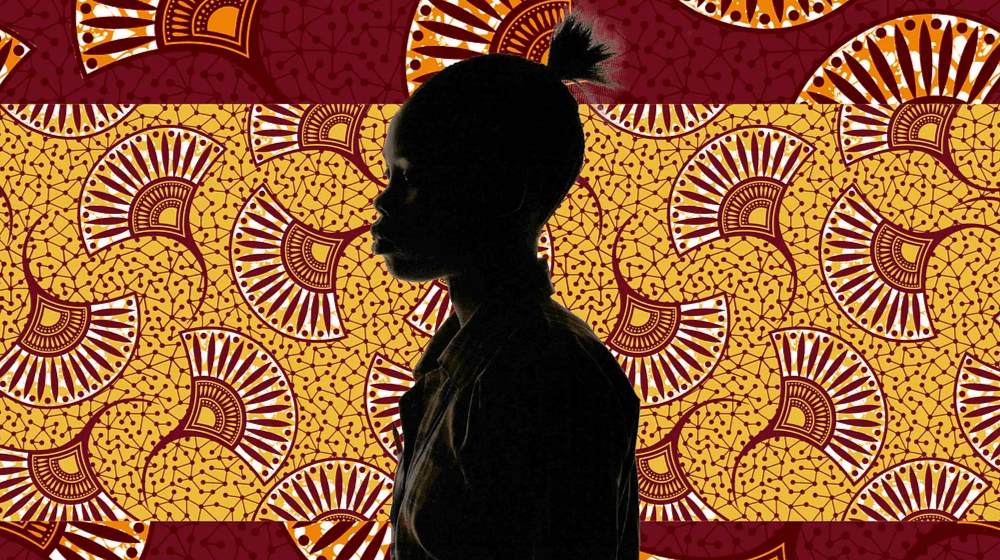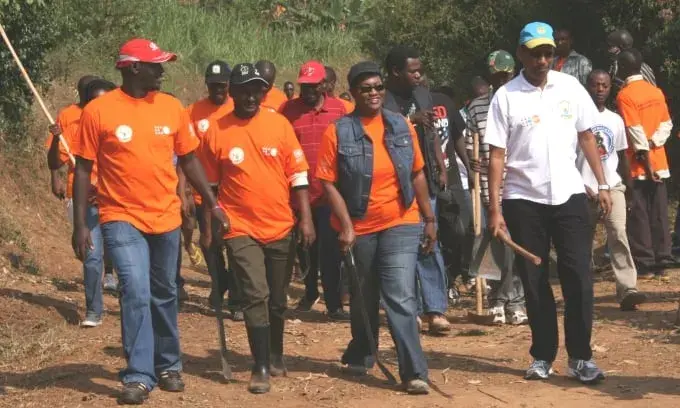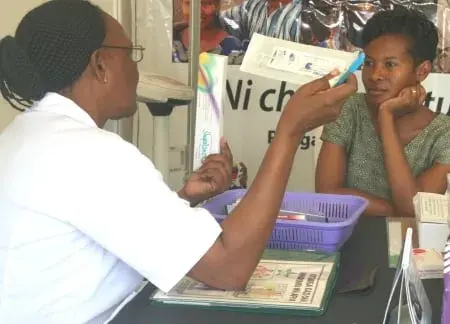Climate change’s impact on women and girls
By Lydia Zigomo
Director, UNFPA East and Southern Africa
As I write this based in my duty station in South Africa, the words of Desmond Tutu, come to mind. “Twenty-five years ago, people could be excused for not knowing much, or doing much, about climate change. Today, we have no excuse.”
We have been hearing about the threats of climate change from the past or the impact on the future. However, it is all about the present and how our actions today can fail or propel future generations. As they say in this region, the moment is “now now.”
Climate change has been wreaking havoc on communities, destabilizing economies, worsening inequalities, and shaking the very foundation of progress for women and girls in sub-Saharan Africa. With rising temperatures and extreme weather events, there is a dark cloud hovering over humanity — the climate crisis is also a crisis of gender-based violence.
UNFPA, the United Nations sexual health agency, together with the International Institute for Applied Systems Analysis (IIASA) and the University of Vienna, recently launched a new report.

As we mark the 30th anniversary of the International Conference on Population and Development (ICPD30), we have a promise to fulfill — to leave no one behind. Yet, the current climate trajectory suggests that we are already falling behind on our 2030 Agenda for Sustainable Development goals, with only 16 per cent of them on track and some even reversing. If left unaddressed, climate change will not only hinder but could potentially reverse progress toward the global goals and UNFPA’s vision of ending preventable maternal deaths, unmet needs for family planning, and gender-based violence and harmful practices.
As extreme heat and environmental stress increase, conflict and aggressive behavior spike. In regions already struggling with poverty, displacement, and lack of access to resources, IPV cases multiply. As climate impacts deepen — bringing about loss of livelihoods, water scarcity, hunger, and malnutrition — the vulnerabilities of women, particularly those heading households, are magnified.
Despite the historic underreporting of IPV due to stigma and fear, the results confirm what we already know: An increase in global temperatures corresponds to a rise in IPV. It is a global challenge that requires urgent action. If we do not make a concerted effort to reduce inequalities, strengthen adaptation measures, and lower carbon emissions, we will need to significantly scale up our efforts to protect women and girls from violence.
The study highlights that increased adaptation and mitigation efforts, combined with socioeconomic development, can jointly reduce vulnerability and safeguard women and girls. This includes increasing climate finance to ensure robust protection systems that address the specific needs of women and girls in a future of increasing climate shocks and displacements. The 29th Session of the UNFCCC Conference of Parties (COP29) provides an opportunity for the renewed work programme on the Gender Action Plan (GAP), to be ambitious and transformative, centering human rights and the principle of leaving no one behind including addressing impacts on IPV.
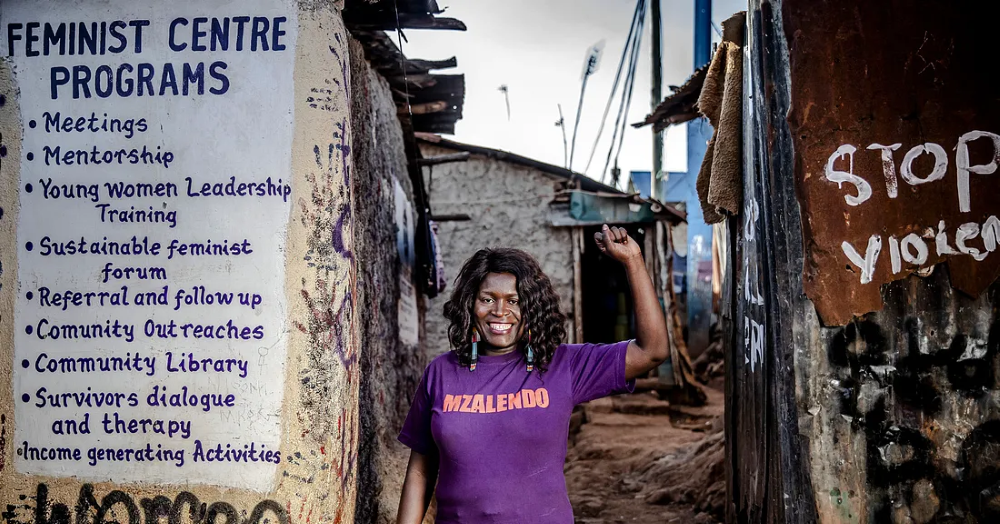
Additionally, education is a powerful tool in this fight. Enhancing women’s status and boosting their resilience to climate stress has both direct and indirect benefits, reducing their vulnerability to violence and enabling them to build more resilient communities.
But more than that, we must integrate the sexual and reproductive health and rights of women and girls into all national climate plans.
At UNFPA, our mandate is clear: In the face of a worsening climate crisis, we need to focus our efforts on climate resilience of individuals, communities, and systems we serve. However, we cannot do it alone. We call on all our partners and stakeholders to join us in this effort, and to fulfill our promise.
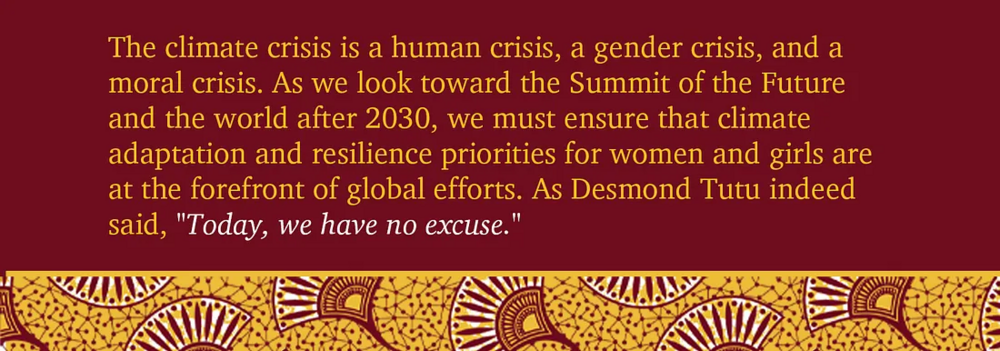
Read UNFPA’s Report on Intimate Partner Violence

